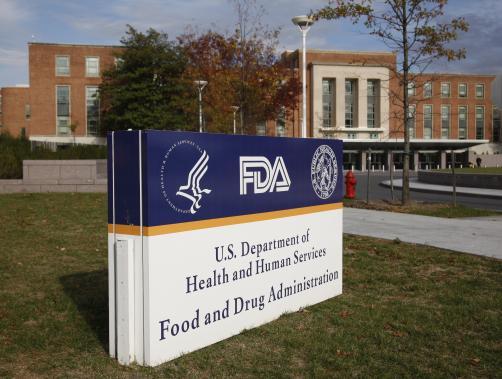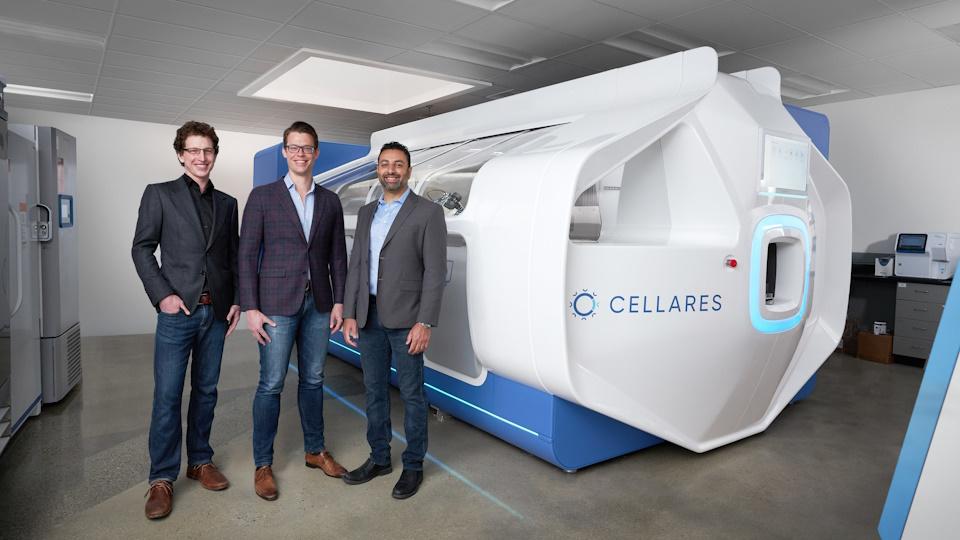FDA to decide on TG Therapeutics' lymphoma drug early next year

The FDA has accepted TG Therapeutics’ filing for its lymphoma drug umbralisib, which if approved could compete against a combination therapy from Bristol-Myers Squibb and Roche.
TG’s filing covers previously treated marginal zone lymphoma (MZL) and follicular lymphoma (FL), competing against a combination of BMS’ Revlimid (lenalidomide) and Roche’s Rituxan (rituximab), known for short as R2.
An investigational once-daily, oral, dual inhibitor of PI3K-delta and CK1-epsilon, umbralisib will receive a faster six-month Priority Review in MZL and a standard 10-month review in FL.
This gives decision dates of 15 February and 15 June for the MZL and FL indications, respectively.
The filing was based mainly on data from the umbralisib monotherapy MZL and FL cohorts of the UNITY-NHL phase 2b trial evaluating patients with relapsed/refractory MZL or FL.
The MZL cohort was designed to evaluate the safety and efficacy of single agent umbralisib in patients with MZL who have received at least one prior anti-CD20 regimen, such as Rituxan.
The FL cohort was designed to evaluate the safety and efficacy of single agent umbralisib in patients with FL who were relapsed or refractory following at least two prior lines of therapy, including an anti-CD20 regimen and an alkylating agent.
Each cohort met its primary endpoint of overall response rate (ORR), meeting the Company’s target guidance of 40-50% ORR, as confirmed by an Independent Review Committee.
The FDA has also previously granted umbralisib Breakthrough Therapy Designation (BTD) for MZL and orphan drug designation (ODD) for MZL and FL.
MZL is a catch-all term for a group of slow growing mature B-cell non-Hodgkin lymphomas (NHLs) and is considered a chronic and incurable disease.
There are around 7,500 newly diagnosed patients each year in the US and is the third most common B-cell NHL, accounting for around 8% of cases.
MZL consists of three different subtypes: extranodal MZL of the mucosal-associated lymphoid tissue (MALT), nodal marginal zone lymphoma (NMZL), and splenic marginal zone lymphoma (SMZL).
FL is usually a slow-growing NHL that arises from B-lymphocytes, is generally incurable, but patients can live for many years with it.
It accounts for around 20% of NHL cases, with 15,000 newly diagnosed patients each year in the US.













